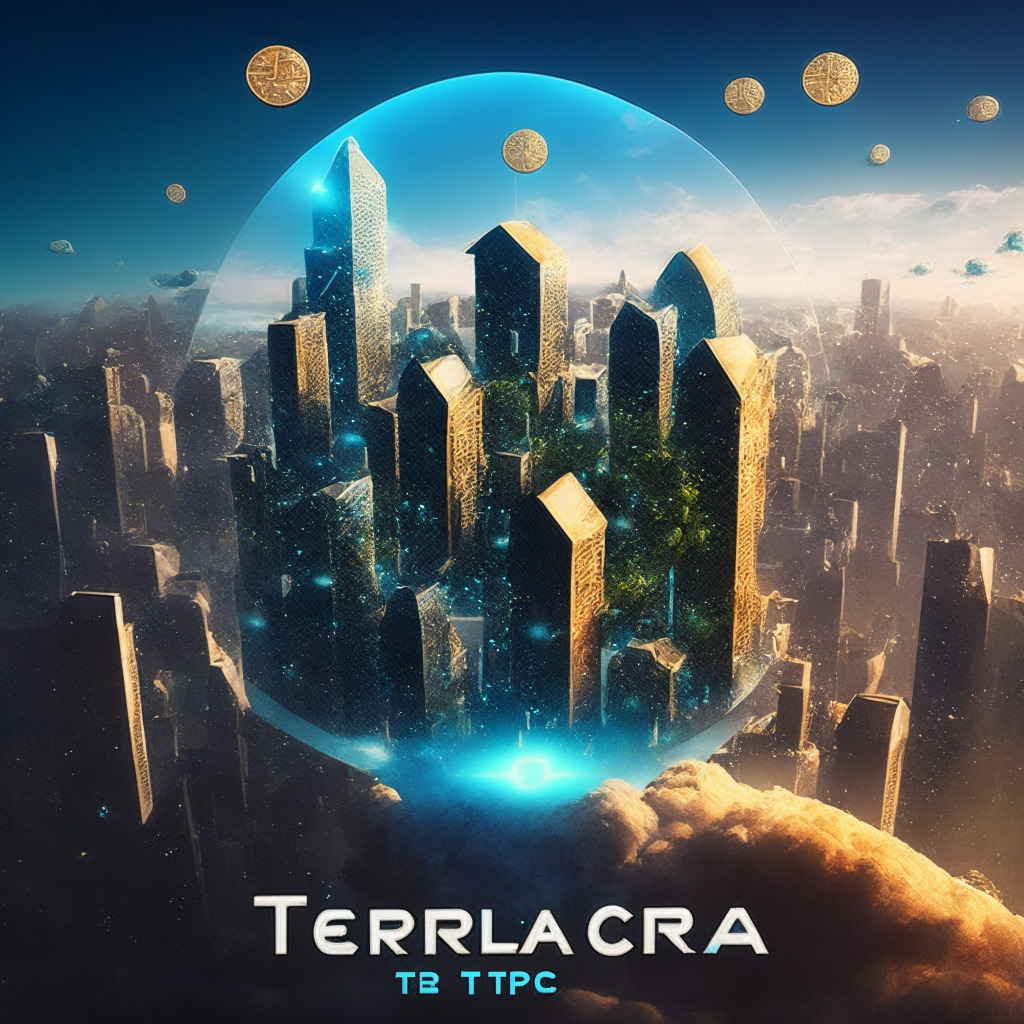In the nascent era of the blockchain sphere, maximalists marked their territory. Enthusiasts of Bitcoin, Ethereum, or Cardano passionately vied for the superiority of their blockchain, envisioning a winner-takes-all scenario. However, this absolutist approach has softened down the line, opening the gates for flourishing blockchain diversity, paved by technological pathways known as “bridges.”
Spearheading this seismic shift was Cosmos, the groundbreaking blockchain ecosystem standardizing the concept of “appchains,” shared security, and the mechanism of proof-of-stake consensus – the operational heart of Ethereum and countless state-of-the-art blockchains. Cosmos envisioned not merely a blockchain, but an extensive family of blockchain, each tailor-made for individual uses, yet tuned to interact and interchange assets seamlessly. These admirable strides set high expectations for Cosmos, but the road hasn’t been rosy.
The crypto market’s meltdown has struck many, and Cosmos is no stranger to the force of the blow, being one of the prominent names in the fallout. The nosedive of Terra, once a colossal Cosmos-based blockchain, created a significant liquidity void in Cosmos’s DeFi space, a gap yet to mend. Burden of politics and internal discord, inherent elements of Cosmos’s open-source model, have aggravated development strides, triggering anxieties of obsoletion amid the proliferation of new blockchain-in-a-box projects, notably in the active Ethereum ecosystem.
An unwelcome boost to this uncertainty is the U.S. Securities and Exchange Commission’s stance that ATOM, the token synonymous with the Cosmos realm, classifies as a security. A leading figure in the Cosmos community, Zaki Manian, grimly conjectured an “existential” year ahead for Cosmos, emphasizing the urgency to distinguish and cement its unique identity apart from the Ethereum sphere and the larger blockchain universe.
Every blockchain has its Achilles’ heel. Bitcoin’s impressive genesis set the stage for a blockchain that executed basic operations – shifting bitcoins between addresses. However, the emergence of decentralized finance apps and NFTs on other chains left traders yearning for more. Ethereum upped the game by launching smart contracts, but its overwhelming fees and mediocre transaction speed opened the floodgates for more dynamic blockchains specializing in dense usage scenarios like gaming.
As these tradeoffs surfaced glaringly, the blockchain industry has gradually coalesced around the concept of a “multichain” ecosystem, embracing different blockchains that cater to diverse use cases harmoniously. A glaring challenge in the multichain ecosystem had been security snags in cross-chain bridges used for asset circulation between separate networks. Pioneering the mitigation of these security concerns was Cosmos.
Despite a promising start and riding the DeFi boom wave, more recent times have not been favorable for Cosmos. Developers have started veering away and the ecosystem hit a roadblock with the catastrophic crash of Terra. The fallout has resulted in a substantial drop in liquidity, effectively deterring developers from integrating apps into the Cosmos ecosystem. Furthermore, the unique features that once set Cosmos apart and attracted developers are no longer exclusive, with an influx of new competitors offering comparable benefits.
Additionally, a key concern is community management. Despite its cutting-edge technology, the Cosmos community is characterized by disorganization and internal disputes. It is a wild sphere in the blockchain world, with a tumultuous history chock-full of resignations and lawsuits. If indeed Cosmos can realign its resources and rise from the current challenges, its proponents argue it stands a stronger claim to “decentralization,” illustrating that despite setbacks, a project can still be successful through a passionate base of builders and openness to innovation. The question is whether Cosmos will retain its distinctive identity or becomes just another toolkit in the blockchain landscape.
Source: Coindesk




